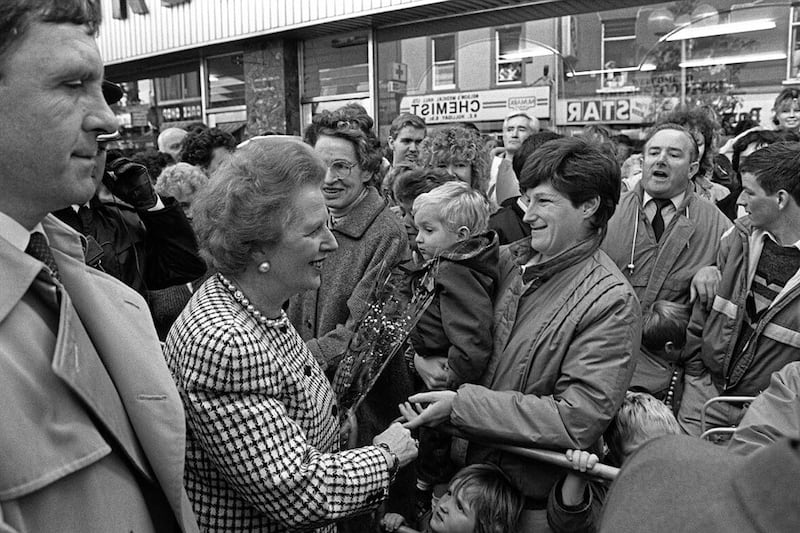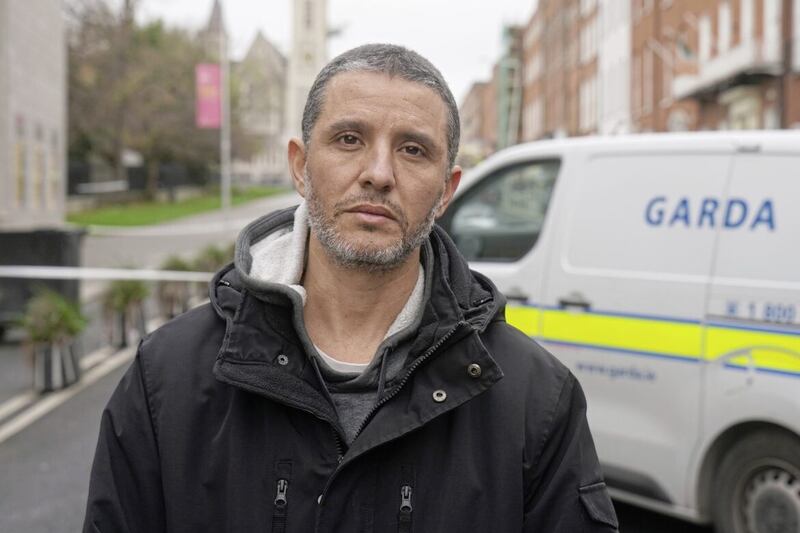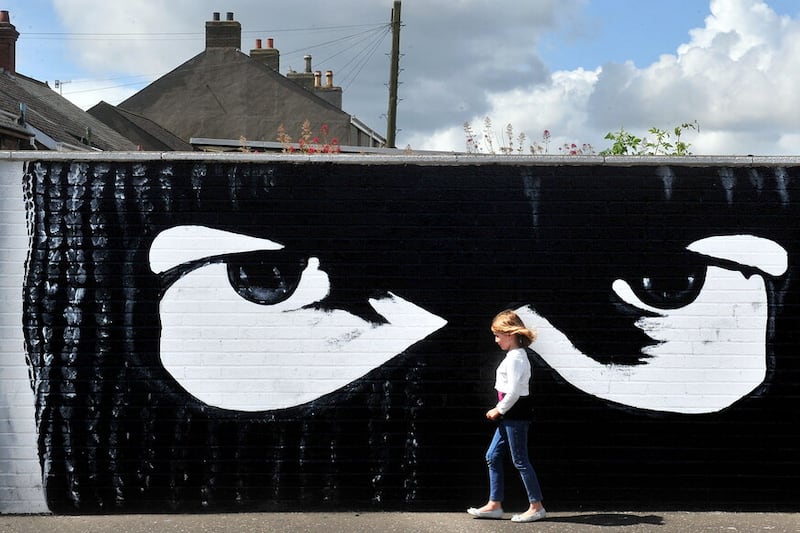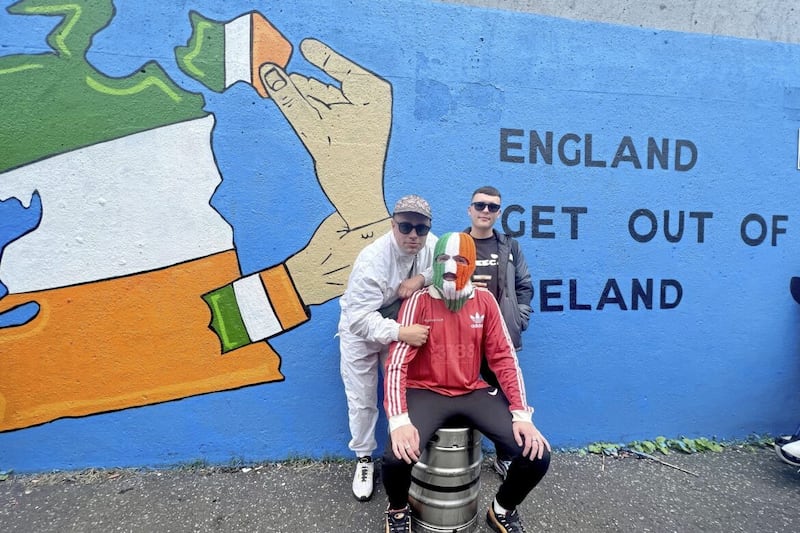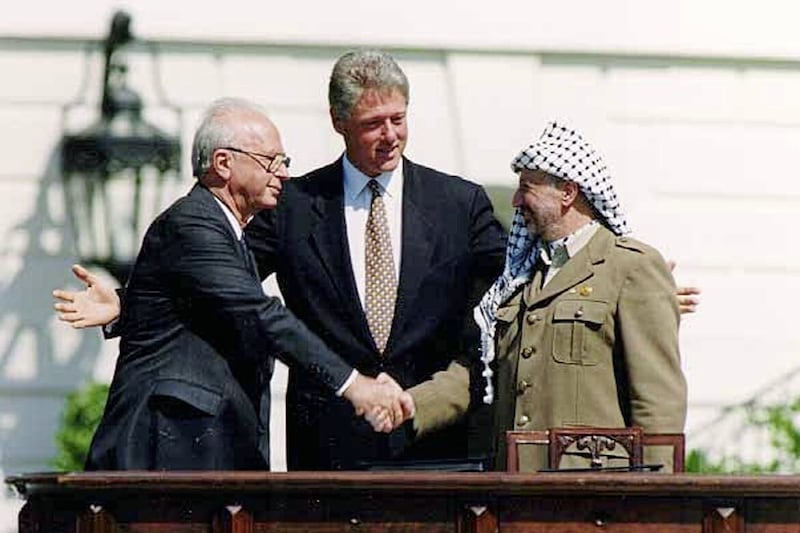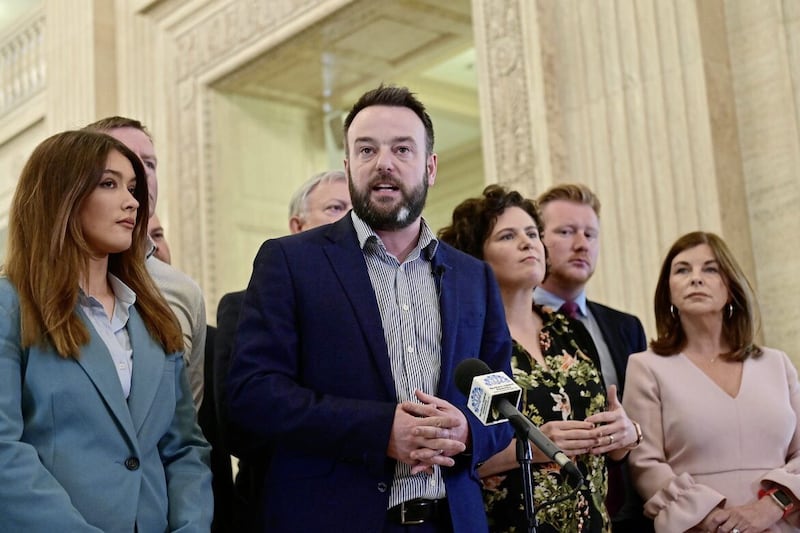TWO weeks ago I attended a St Patrick's Day reception at the Palace of Westminster, which was addressed and attended by a wide range of Irish interests in Britain.
It was a great event comprised of Irish who have made Britain their home. Leaving the reception, it wasn't hard to notice how much the security has increased over the years.
When I first attended 30 years ago with Seamus Mallon security was quite lax compared to my internship at Congress. MPs were so much more accessible in a way that their cocooned American counterparts were not.
To those that know it, Westminster is a village and MPs were often on first name terms with canteen staff, ushers and, of course, the police.
I walked Westminster Bridge thousands of times since the 1980s and did so again arriving at and leaving the St Patrick's parliamentary reception, so the headlines breaking on my newsfeed last Wednesday made me shudder.
Back in 2005 I got caught up in the madness of the 7/7 terror attacks in London as I made my way to Aldgate.
It was a horrific day that brought the city to a standstill and I can still remember my seven-mile walk to my apartment from Aldgate to Shepherd's Bush.
Fifty-six people were killed that day, including the four perpetrators, and a further 700 were injured. It was pure carnage.
But London is a city resilient to terrorist attack as proven by its response to the bombs planted by the IRA at Bishopsgate and Canary Wharf, which between them injured more than 80 people.
Of course, Parliament has been subjected to attacks before. The most serious was the INLA bomb which detonated in the car park, killing the Tory MP Airey Neave.
The attack last Wednesday by the 'lone wolf' who once had the unassuming name of Adrian Elms was quite simply an act of insanity.
Elms, aka Khalid Masood, had no hope of getting into parliament and the immediacy of the police response proves that.
But his madcap actions struck terror into the masses of tourists, workers and commuters in and around Westminster.
One cannot imagine the fear of those who stood on that bridge watching him drive towards unsuspecting members of the public.
The ionic Westminster Bridge of which Wordsworth wrote "Dull would he be of soul who could pass by a sight so touching in its majesty" will have now grown in majesty as a monument to the murdered.
PC Keith Palmer, the unarmed police officer, who was killed was extremely brave. The MP Tobias Ellwood displayed heroic qualities.
The officers who shot the assailant acted quickly and decisively to protect the lives of others. The emergency workers toiled to save both the victims and the violator.
The victims from no fewer than 11 nations were amongst the dead and injured - people, who on Wednesday morning, went out with the reasonable expectation that they would go home in the evening and join their families and friends.
But all acts of terror rob people of their expectations and their hopes. Their families are left with an unexplained vacuum. Brendan Cox, the widower of murdered MP Jo Cox, reminded people that the focus of the story should be about those who didn't come home on Wednesday and not the perpetrator.
There was a degree of irony in that until the Westminster attack our media was saturated with coverage of the late Martin McGuinness, former deputy first minister, former deputy leader of Sinn Féin and former commander in the IRA. Different communities responded to the passing of Mr McGuinness in different ways.
Over the years he had garnered considerable respect and warmth. He was a complex individual who appears to have had no regrets but also seemed to harbour no ill will.
The media reaction was in some ways over the top both from those lauding the former Sinn Féin Leader and those keyboard warriors who celebrated his passing.
Reaching a particular level of obnoxiousness was 'rent a quote' queen Katie Hopkins, whose comments about Martin McGuinness were vile.
There was a genuine feeling of sadness about the death of Martin McGuinness but whether freedom fighter to some or terrorist to others, he more than made his mark on the process of reconciliation and politics.
McGuinness was the prodigal son of modern Irish politics and his final journey was one of peace. But, reflecting on the actions of Adrian Elms, we should thank God for the life-long peacemakers like John Hume; because the work of peace needs permanent vigilance.


